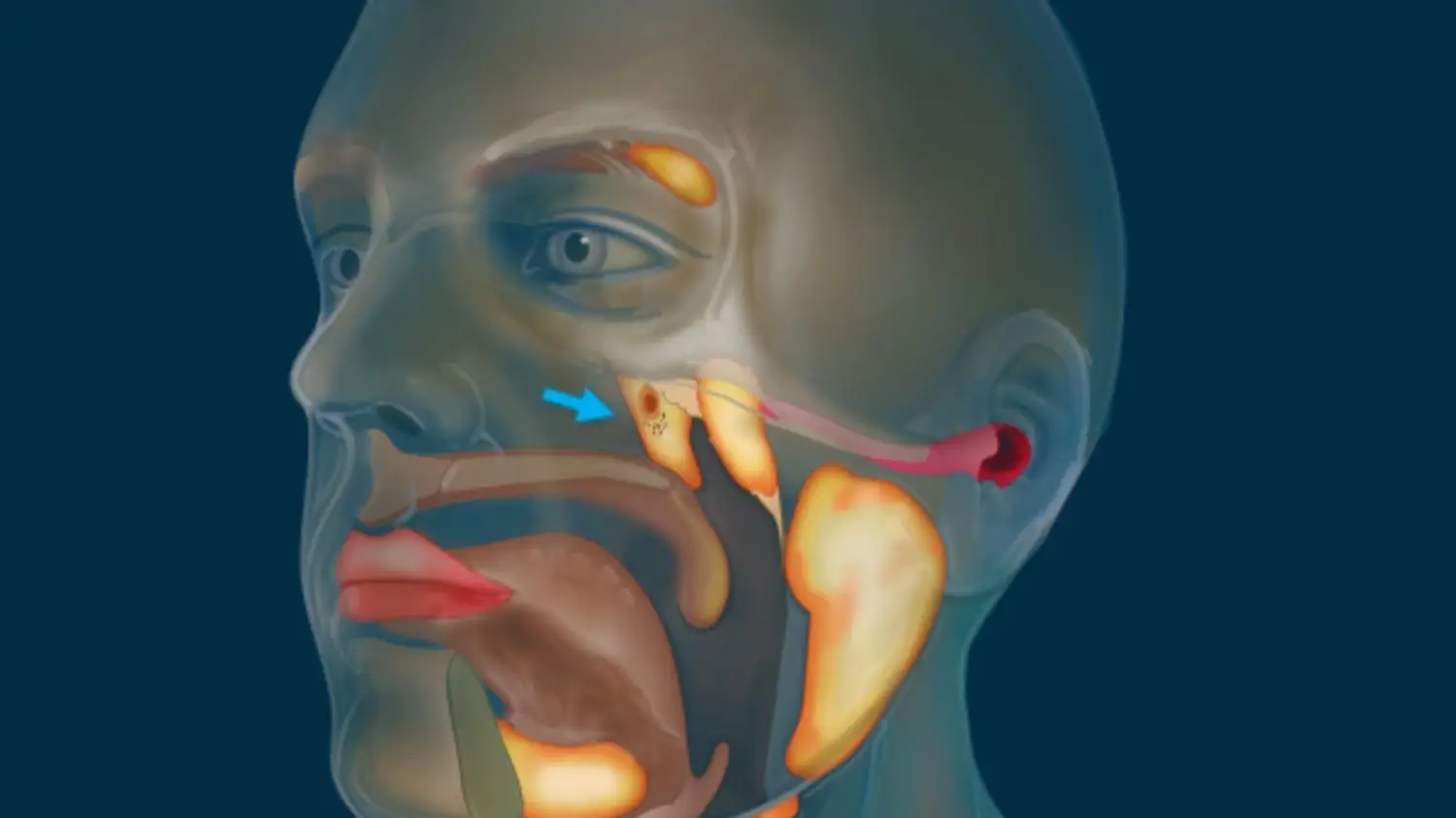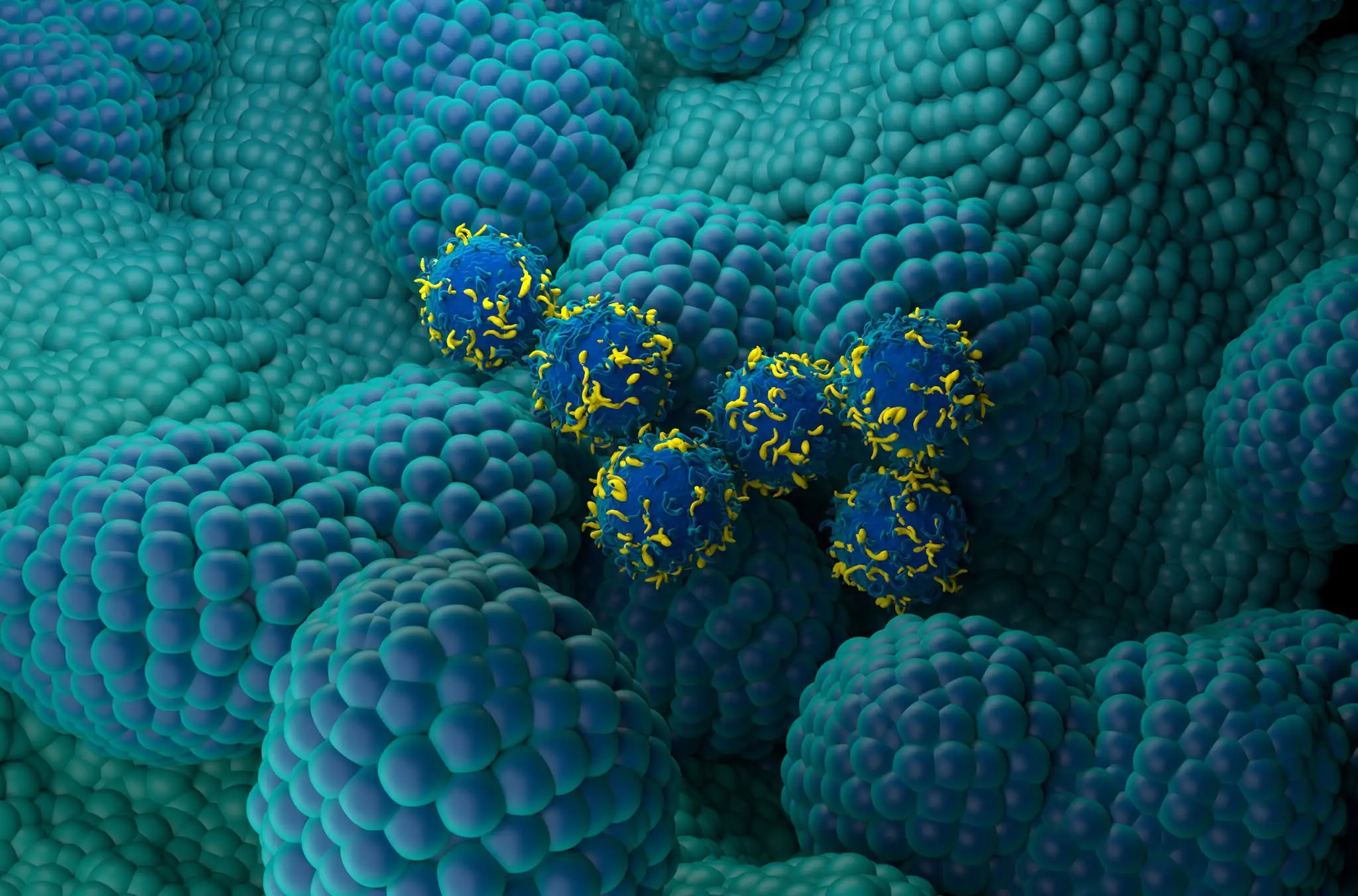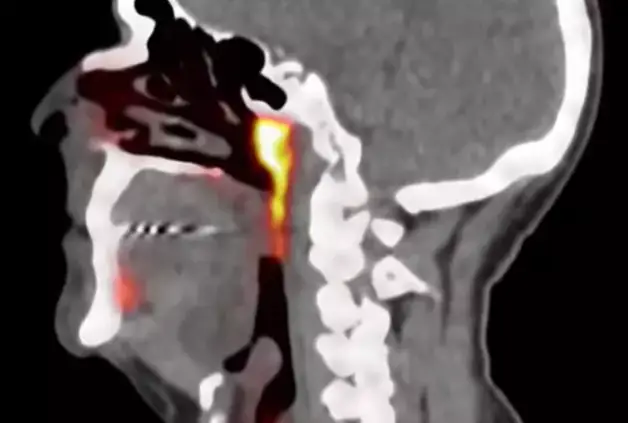
When you think you know everything there is to know about the human body and its anatomy, something else crops up 300 years later.
Our bodies are weird things. We have skin suits that are propped up by a bone skeleton, they move using muscles and joints, and have an extensive nervous system wrapped around everything.
There has been so much research into our bodies that it almost seems impossible that there would be something that crops up centuries later.
However, that’s exactly what happened to scientists in the Netherlands.
Advert
While conducting cancer research, they accidentally discovered a new organ hiding in the middle of a person’s head.

While the team at the Netherlands Cancer Institute were looking into prostate cancer in 2020, they conducted a series of CT and PET scans on patients who had been injected with radioactive glucose that causes tumours to glow on scans - thanks to the protein PSMA (which is usually present in prostate cancer cells).
But the protein is also present in saliva glands.
So, when the patients were injected, their saliva glands would glow too… leading to the discovery of a new gland that has never been seen before.
They then examined tissues from two cadavers and found that the structures were similar to the salivary glands located underneath the tongue and reported it in the Radiotherapy and Oncology journal.
The tubarial salivary gland was found to be located behind the nasal passage near there area where it meets the throat.
These glands are intended to 'lubricate and moisten the area of the throat behind the nose and mouth'.
After looking at 100 patients, the scientists confirmed that each person possessed the newly named gland.
Dr Wouter Vogel, radiation oncologist at the Netherlands Cancer Institute, explained that the reason the glands have gone unnoticed for so long probably because it takes 'very sensitive imaging' to see them and because they’re 'not very accessible'.
"People have three sets of large salivary glands, but not there," he said.

"As far as we knew, the only salivary or mucous glands in the nasopharynx are microscopically small, and up to 1,000 are evenly spread out throughout the mucosa. So, imagine our surprise when we found these."
This is the first discovery of salivary glands in about 300 years, making it a very special find.
The Pub Med report in 2021 explained: "The presence of previously unnoticed bilateral macroscopic salivary gland locations in the human nasopharynx was suspected after visualisation by positron emission tomography/computed tomography with prostate-specific membrane antigen ligands (PSMA PET/CT)."
Once the gland was seen in the patients and bodies, the researchers used histology and 3D reconstruction to confirm the presence of ‘PSMA-expressing’ in the area, explaining that it was ‘predominantly mucous glands with multiple draining ducts, predominantly near the torus tubarius’.
Thus, it confirmed that the ‘human body contains a pair of previously overlooked and clinically relevant macroscopic salivary gland locations, for which we propose the name tubarial glands’.
The researchers wrote of the future: "Sparing these glands in patients receiving RT may provide an opportunity to improve their quality of life."
